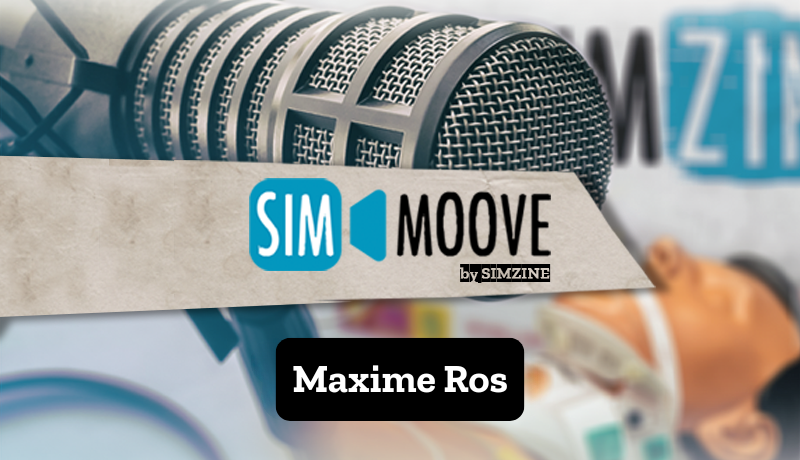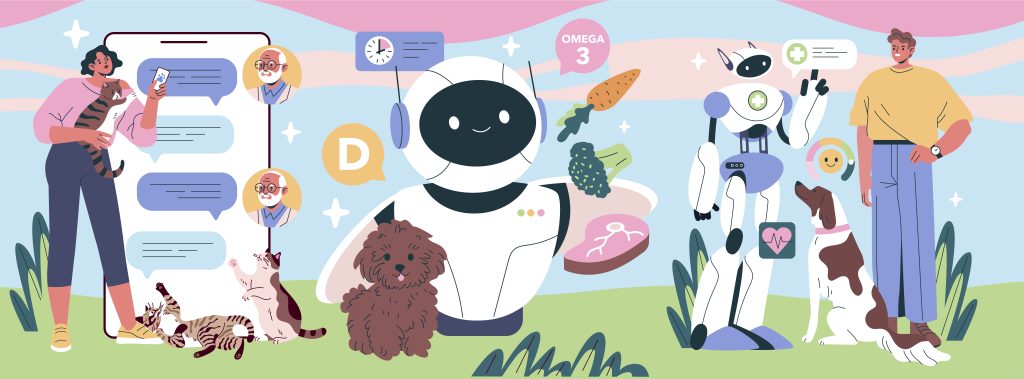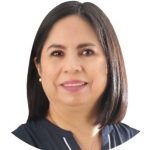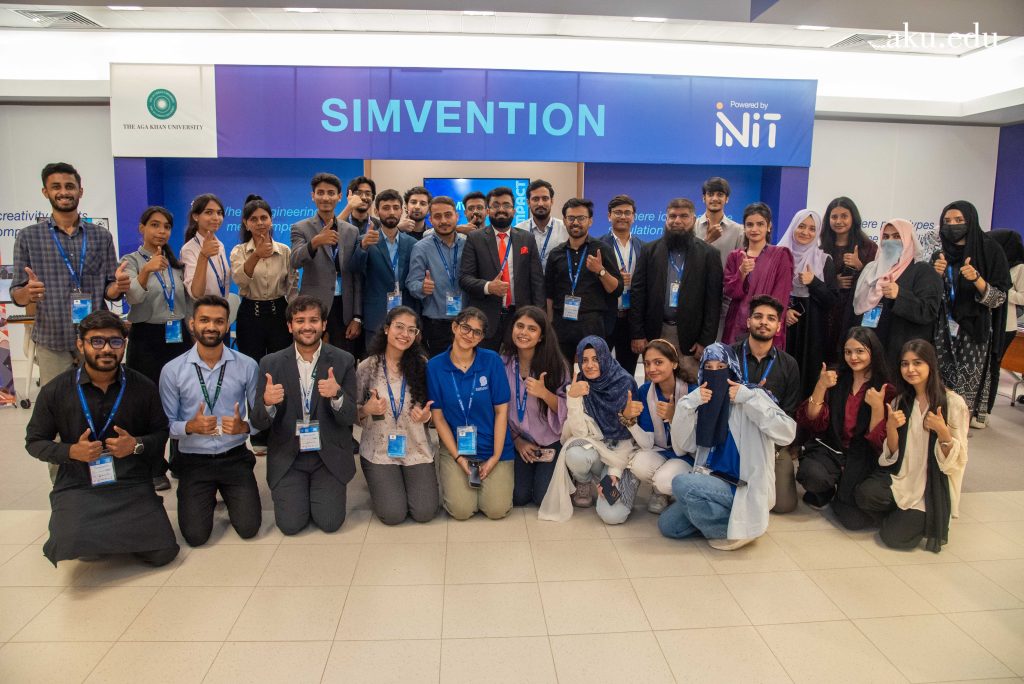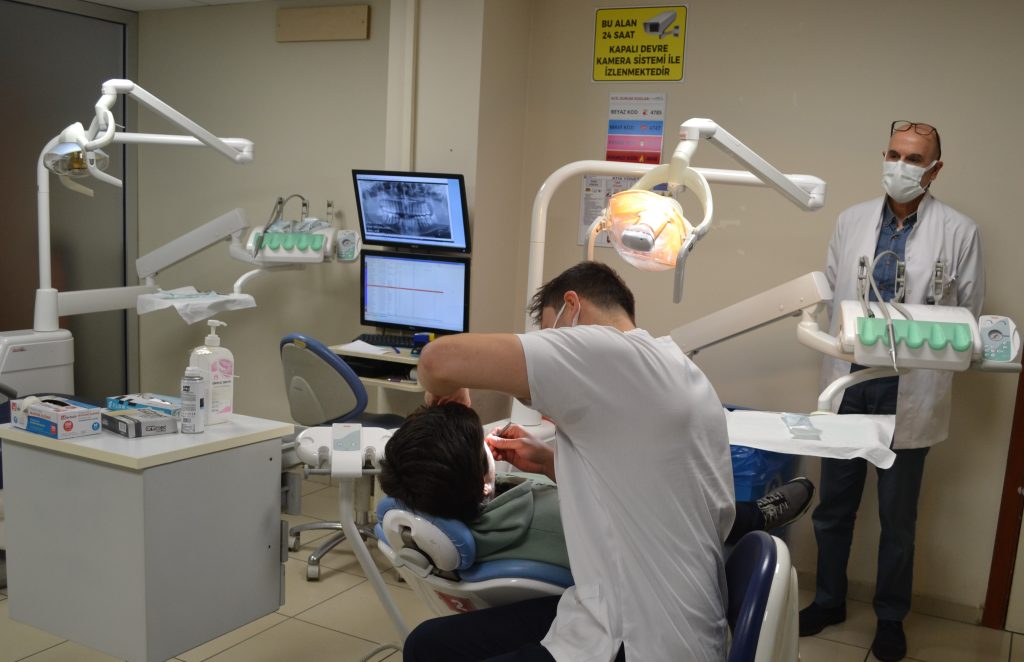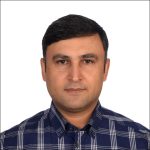Welcome to the transcript of the new episode of SIM Science Recap, a podcast curated by May Sissel Vadla and designed to provide quick, insightful updates on scientific literature and relevant topics for the healthcare simulation and education community.
Delivering high-quality simulations often relies on an engaged and skilled faculty. Just like our simulation participants, faculty members benefit from continuous practice—because with most skills, practice makes perfect. To truly excel, they also need ongoing development through new insights, updated knowledge, and additional skills.
In this AI-generated episode, we highlight key aspects of faculty development in simulation, drawing on insights from peer-reviewed research.
Enjoy listening!
Episode transcript
So… I got something super cool for you today, on… SimScience Recap. It’s all about faculty development in simulation-based training. And you know… it’s a really hot topic. So, Adrian… what’s the big deal with faculty development in sim?
Oh, Anna, it is… really crucial! It’s like… the backbone of any good simulation program, right? I mean… how can we expect amazing sim experiences if our faculty aren’t, you know… top-notch? It’s… it’s all connected, you know? … Faculty development… it’s what makes simulation really tick.
So, you know… like Hallmark, um… from the INACSL Standards Committee… she, she really nails it in their 2021 paper. They emphasize how professional development… it’s so important for simulationists throughout their whole careers, right? It’s not just a one-time thing… it’s ongoing.
Um… so it’s like… always learning new stuff, then?
Totally! And Gardner’s 2024 scoping review… it backs this up, big time! The field of simulation… it’s always evolving. So… faculty need to keep up with the latest knowledge… you know… pedagogical approaches… best practices… all that jazz. Like… otherwise… their simulations can get … a little stale, you know?
Oh… so it’s about more than, you know… just… technical skills?
For sure! Like… early on, a lot of sim training… it… it was all about, you know… how to use the equipment. But… well… things have changed, right? Like… now… we’re focusing way more on, um… participant-centered learning, you know, evidence-based practice, and… really good facilitation…it’s a whole other ball game. So, like… faculty development really has to address this shift. Specialized training … that’s where it’s at. It’s not enough to just be a content expert anymore… you know… you gotta be a sim expert too …
So… like… diving deeper into those Healthcare Simulation Standards of Best Practice, … Hallmark, you know… she lays out some really solid criteria for professional development. Their, their 2021 paper… it’s, it’s kind of a roadmap for simulationists, right? First… you gotta do a needs assessment. Like… figure out where your gaps are, you know what I mean? Then … participate in activities that address those gaps. Like, conferences, workshops, online learning… even presenting or publishing. Contribute to the field! And… like… the third thing… reevaluation. You gotta make sure you’re staying on track… knowing… that you’re meeting your goals and the institution’s priorities… right?
Um… so it’s… kinda personalized, then?
Yes! And Brazil’s 2023 study… it really highlights how context matters. Like… every sim program… it’s different. You know… different resources, different priorities, different organizational structures. And, and this totally shapes how they approach faculty development. Like… there’s no, you know… one size fits all. Some programs… they might focus on, um… formal training. Like… workshops… courses… certifications … Others … they’re all about informal learning, right? Like… mentoring, peer observation, communities of practice. So many ways to skin a cat, you know what I mean?
Oh… so it’s all about, you know… figuring out what works best for your, your… specific situation?
: Exactly! Like… gotta be flexible. And one thing that really came through in Brazil’s study about translational simulation… it was the importance of collaboration. Like… working with other sim programs… with experts in other fields… like quality improvement, patient safety… human factors… all that stuff. It’s all connected, you know? Simulation doesn’t exist in a vacuum, right? Gotta draw on other disciplines. And this creates these amazing learning opportunities for everyone involved. Like… cross-pollination of ideas. Gold, right?
Um… so… like… what about debriefing? Cheng, their 2020 framework. Can you, you know… kinda… walk me through that?
Oh, sure! Cheng’s framework… it’s brilliant, you know? They, like… took this Dreyfus model of skill acquisition… and they adapted it for debriefing specifically, right? They modified it, so instead of five stages… you know, novice to expert… they have three stages: discovery, growth, maturity. It’s… it’s really elegant! So… like… discovery… that’s where you’re, you know… just starting out. You know the basics… you know, the frameworks, the, the… conversational techniques… but, like… you’re still pretty rigid, right? Like… sticking to the script. And then… the next stage, growth. Like, you start to apply those basics in different contexts… you know… get more flexible. You’re building your toolbox. Like… you’re learning how to manage emotions… how to co-facilitate… all that stuff. And then… maturity! Like… you become a debriefing ninja, right? Like… you’re totally intuitive. Adaptive expertise! You can handle anything. Like, even the most complex, like… emotionally charged debriefings. You know, stuff that would make a novice debriefer run for the hills. Do you know what I mean?
Oh… so it’s like, you know… a journey?
That is right! And they talk about these strategies for improving your debriefing skills at each stage. Like… discovery… that’s where foundational training is totally key. You know… like… courses, workshops… getting those basic concepts down. And scripts and tools. Like, those can be really helpful for novices, right? They give you that structure… that… scaffolding. And then expert mentorship. Like… having someone who can guide you… give you feedback. And during the growth stage… that’s where reflection comes in. Like, really thinking about your practice. Like… watching videos of your debriefings… getting feedback from peers… and… from experts. Like, really pushing yourself, you know? And finally in the maturity stage… that’s all about variety. Exposing yourself to different debriefing contexts… different learner groups… like… really honing your skills, right? And becoming a true adaptive expert.
Uh… so… Ko’s paper? About faculty development for… for life support courses. Can you… can you tell me more about that?
Oh, absolutely! Ko’s work… they dove into faculty development for these accredited life support courses… you know, like, BLS and ALS… And they found these four main intervention categories: instructor qualification and training, assessment tools, teaching skills enhancement, and finally additional courses for instructors. Really important stuff, you know?
Um… so…what did they find?
Well… for instructor qualification and training, right? Like, they looked at new and modified instructor courses. Like, one study… um… showed that these modified instructor courses for… neonatal life support… you know… made instructors way more confident in teaching, like… neonatal CPR. Right, they went from 50 to 60% confidence to over 90%! That’s huge! And they also looked at these train-the-trainer programs, right? Like… totally popular for, you know… pediatric and adult life support. And really effective for boosting both instructor and student comfort levels and skills. And then assessment tools. Like, they found that using these real-time feedback devices during, you know, CPR training… Well, it really helped instructors improve their chest compression technique, right? Like, really specific, targeted feedback. And they also explored sensor-equipped manikins and motion capture cameras to … evaluate and improve chest compression assessment. Really cool tech!
Oh, wow… um… but what about, like… teaching skills?
Yes, that is so important! For instance, they found that different feedback methods can be really impactful, right? Like one study… compared sandwich feedback with this learning conversation technique for BLS training. And … instructors preferred the, the learning conversation method. Like, much more engaging, I guess. And then… they also looked at using standardized scripts for debriefing, right? And found that these scripts can be really helpful for, you know… novice instructors in improving team leader performance. And finally they found that having instructors record and review their own lectures can totally boost their teaching skills. Really valuable for self-reflection, you know what I mean?
Um… so… like… a lot of different approaches?
That is right! And, and Ko’s review, it also highlighted, like… the importance of additional courses for instructors. Like, you know… beyond the basic certification stuff. Like, one study looked at this program to train ACLS instructors in evaluating team leader performance. And they found significant improvements in the instructors’ ability to identify and assess critical errors. And another looked at this assessment training program for BLS and AED instructors, focused on decision-making in tricky situations. And that extra training really boosted the instructors’ confidence in their assessment skills. The paper emphasizes, like… how all these different approaches can improve instructional competence, assessment techniques, and… and ultimately… you know… learning outcomes in life support courses. Really important for, like… you know… patient safety and all that.
And, and… like… you know… if you’re looking for more specific examples of faculty development initiatives, you know… Labuschagne’s paper… it’s totally focused on ophthalmology. And, and… they, like… you know… really advocate for giving clinical educators in ophthalmology more development opportunities in, you know simulation-based education. Right? Like, they… they, really emphasize the need for tailored programs that cater to the different experience levels of faculty, from novice to, like… you know… advanced. And, and… they even use, like… you know… Kern’s six-step model to structure these programs. Like, really… structured approach, right?
Um… so… like… just for eye doctors? What about other specialties?
Yes! Like… Soni’s 2024 paper… it looks at, like… you know… faculty development in anesthesiology, right? Like, you know… how to train anesthesiologists to use simulation effectively for teaching, right? And they highlight how important these training programs are… like… especially in a field like anesthesiology? Where patient safety is totally paramount. They also discuss, you know, the range of programs available, like… from short workshops to year-long fellowships. And they point out, the lack of really specialized training specifically for anesthesiologists, which is… you know… kind of a gap in the current landscape of faculty development. They advocate for more targeted programs in the future, you know? To really meet the specific needs of this specialty. Like… pretty important stuff!
Wow, Adrian, this has been, like… super informative! So, just to wrap up, um… you know… it sounds like faculty development in simulation-based training is really essential, right? And it’s not a one-size-fits-all kind of deal. Like, you know… different specialties, different levels of experience, you know, they all need different approaches.
Yes, Anna! Like… absolutely crucial. And you know… it’s not just about the content, right? It’s also about, like… how it’s delivered, like… making it engaging and effective, right? And providing ongoing support and mentorship… like… that’s… that’s, totally key, you know? Developing as a simulation educator isn’t just about attending a workshop or two … it’s about ongoing growth, mentorship, and learning in real-world settings. And the magic really happens when we connect with others, building communities to share ideas, collaborate, and push the boundaries of what simulation can do.
Absolutely. Thanks so much for sharing your, you know… expertise with us today, Adrian. This has been really insightful for our listeners, I think.
My pleasure, Anna! Like, totally happy to nerd out about sim with you… anytime!
And for our listeners, before we go, a quick reminder: this podcast is the result of a collaboration between human expertise and AI capabilities. While our team carefully selects topics, reviews the literature, and ensures the quality of the content, AI helps synthesize insights, analyze data, and structure the discussion into an engaging narrative. Together, we bring you the latest in simulation research in an accessible and dynamic way.
Be sure to check out our website, SimZine… There you will find introduction, transcripts, and links to all the articles we discussed. And don’t forget to subscribe to the SimScience Recap podcast for more of these deep dives into the world of simulation!
References
- Hallmark B, Brown M, Peterson DT, Fey M, Decker S, Wells-Beede E, et al. Healthcare Simulation Standards of Best PracticeTM Professional Development. Clinical Simulation In Nursing. 2021 Sep
- Cheng A, Eppich W, Kolbe M, Meguerdichian M, Bajaj K, Grant V. A Conceptual Framework for the Development of Debriefing Skills: A Journey of Discovery, Growth, and Maturity. Simulation in Healthcare. 2020 Feb
- Gardner AK, Rodgers DL, Steinert Y, Davis R, Condron C, Peterson DT, et al. Mapping the Terrain of Faculty Development for Simulation. Sim Healthcare. 2024 Jan;19
- Soni L, Ramachandran R, Rewari V. Faculty development programmes in simulation-based teaching: An exploration of current practices. Indian Journal of Anaesthesia. 2024 Jan
- Labuschagne M, Lansingh V, Thomsen ASS, Grau A, Luciano AD, Clements J, et al. Good practices in simulation-based education in ophthalmology – A thematic series. An initiative of the Simulation Subcommittee of the Ophthalmology Foundation Part II: Faculty development for simulation-based education in ophthalmology. The Pan-American Journal of Ophthalmology [Internet]. 2023 Oct;5(1). Available from: http://dx.doi.org/10.4103/pajo.pajo_75_23
- Brazil V, Purdy E, El Kheir A, Szabo RA. Faculty development for translational simulation: a qualitative study of current practice. Advances in Simulation. 2023 Nov
- Ko YC, Hsieh MJ, Cheng A, Lauridsen KG, Sawyer TL, Bhanji F, et al. Faculty Development Approaches for Life Support Courses: A Scoping Review. Journal of the American Heart Association: Cardiovascular and Cerebrovascular Disease. 2022 Jun
READ ALSO































